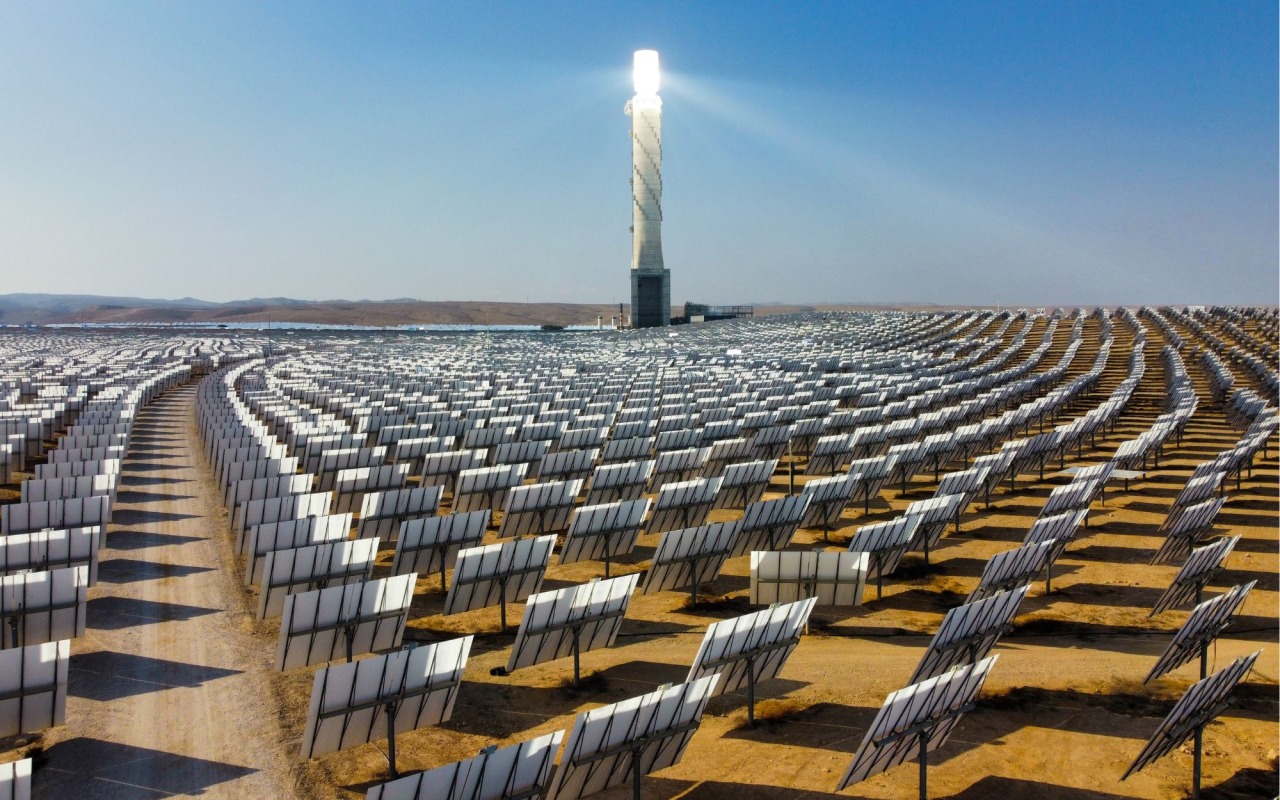Indonesia nowadays is trying to boost the investment by focusing on the infrastructure sector. Being a nation with so many islands spread throughout the territory, many areas are not supported with good infrastructures including lack of adequate electricity system. This issue has attracted many investors to help supplying the electricity to hard to-reach cities. In order to facilitate the investment, Indonesia has introduced various regulations and keeps improving such laws and regulations to obtain greater outcome.
One of the main document in transacting a sale and purchase of electricity power is Power Purchase Agreement (“PPA”) between an independent power producers (“IPP”) as sellers of electrical power and Indonesia’s state Electricity Company (PT Perusahaan Listrik negara – “PLN”). Generally, the PPA will sets out the rights and obligation of the parties, including among others, the price, commercial operation date and the risk that must be covered. A standard template or content of PPA has never been regulated before in Indonesia, until recently in 2017, the Ministry of Energy and Mineral Resources (“Ministry”) issued regulation which stipulates mandatory terms and condition that must be stated under the PPA.
On January 2017, the Ministry has issued Ministry Regulation no. 10 of 2017 on Main Provisions for Power-Purchase Agreements (“Regulation 10/2017”) which was further amended by Regulation no. 49 of 2017 (“Amendment”). The Amendment was enacted in 8 August 2017 and highlights two main matters related to the (i) risk allocation and (ii) government force majeure events.
The Regulation 10/2017 previously sets out that the Power-Purchase Agreements (“PPA”) has to outlined that risk of government force majeure must be allocated to both IPP as the sellers and PLN. However, the Amendment has now removed the obligation of both to cover the risk, so that IPP and PLN are no longer required to bear the risk arising from a change of government policy. Furthermore, the Amendment has also stipulates that the government force majeure is not regarded as force majeure events, under which the obligation of both parties can be exempted in the occurrence of such events.
The Amendment seems to be quite well-received by the power plant companies as it offers better terms to minimize the risk that IPP and PLN have to bear and may diminish the bankability concerns which most IPPs had prior to the Amendment.
Unfortunately, the Amendment does not contain any transitional provisions so it is unclear whether the signed PPA must be amended to be adjusted with the changes under the Amendment. However, considering that the Amendment provides more benefit to the interest of the parties, it is believed that the parties can negotiate the terms of the PPA and produce an amendment, in particular to which related to the allocation of the risk.
__________________________
Published by: Meidyna Budiarti
Published on: 27 Nov 2018
Other link: –



